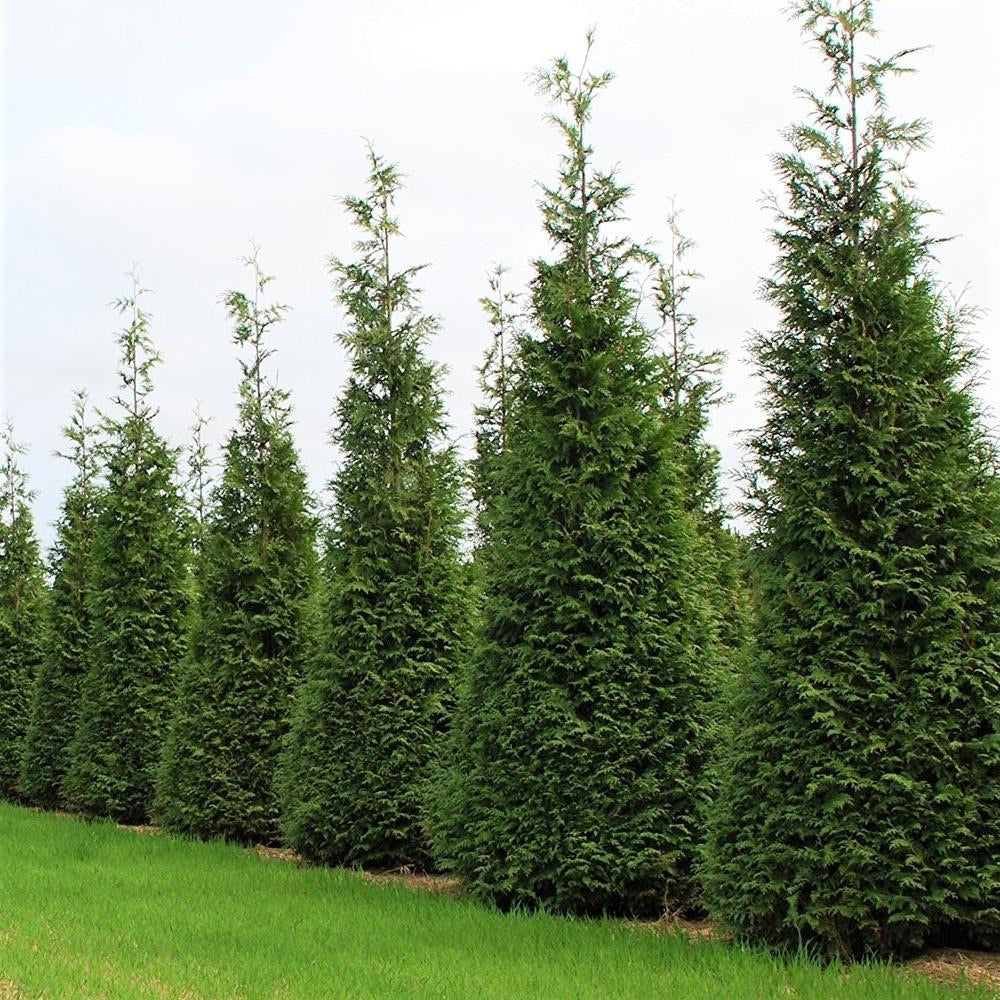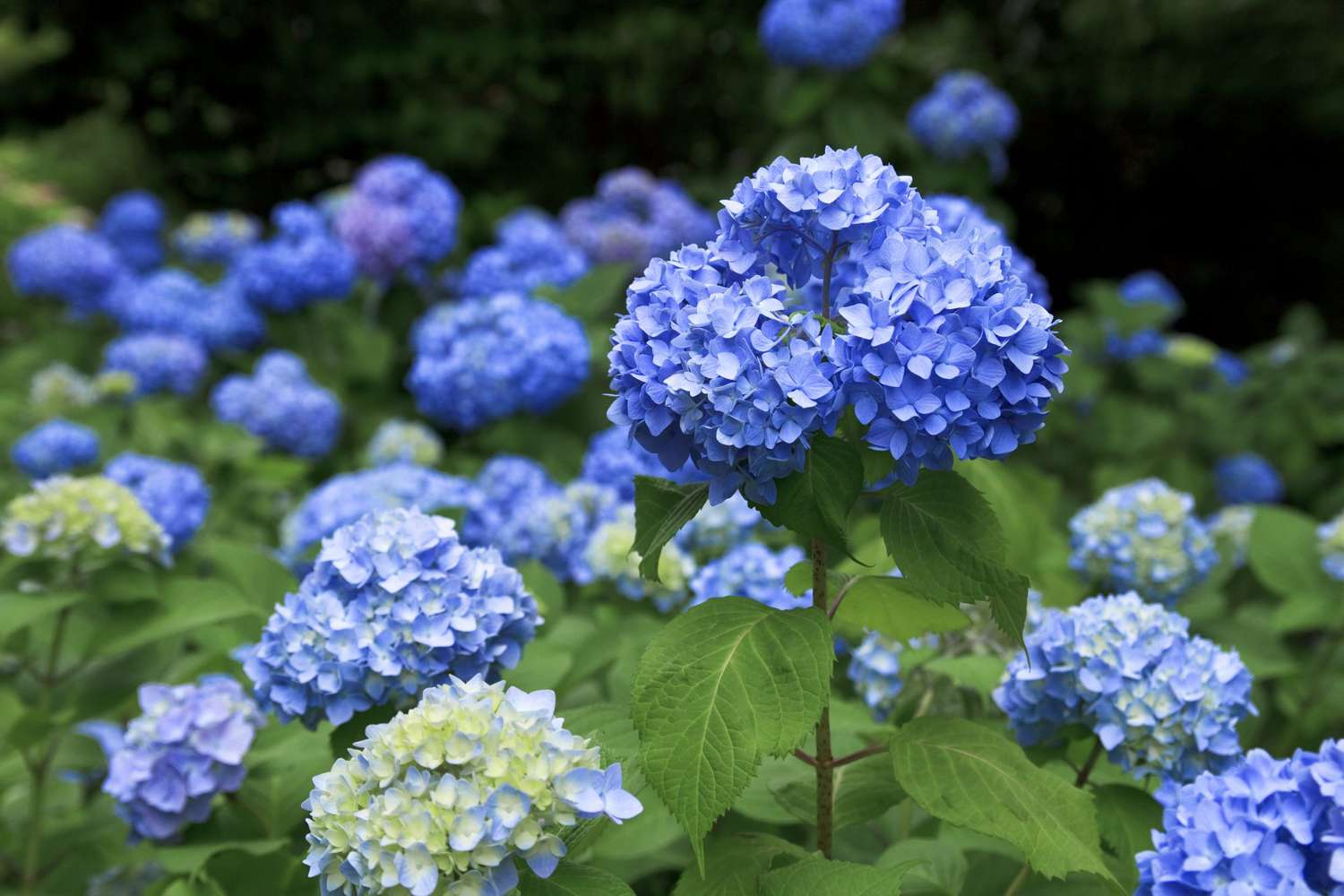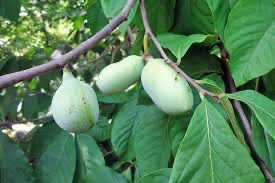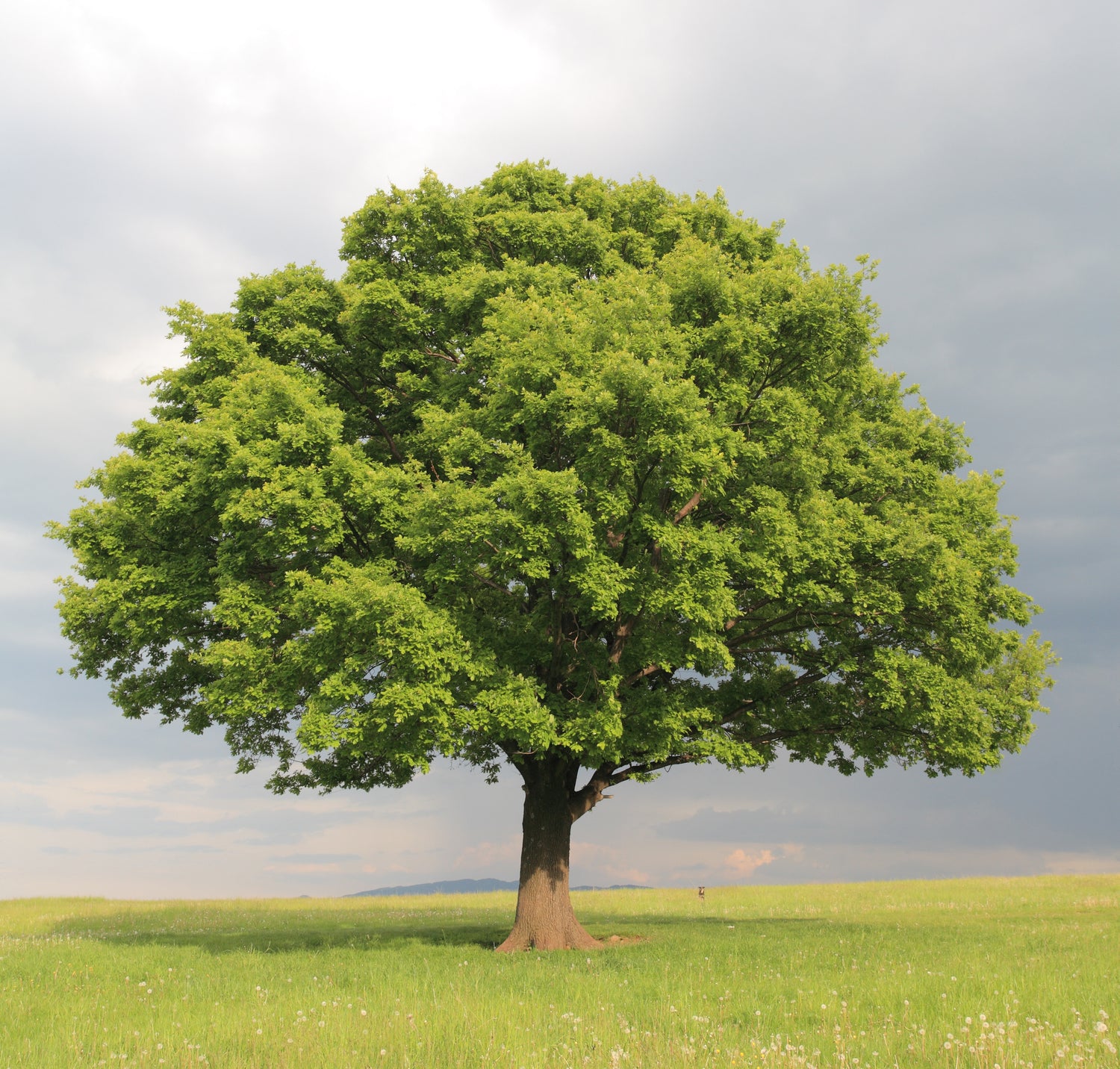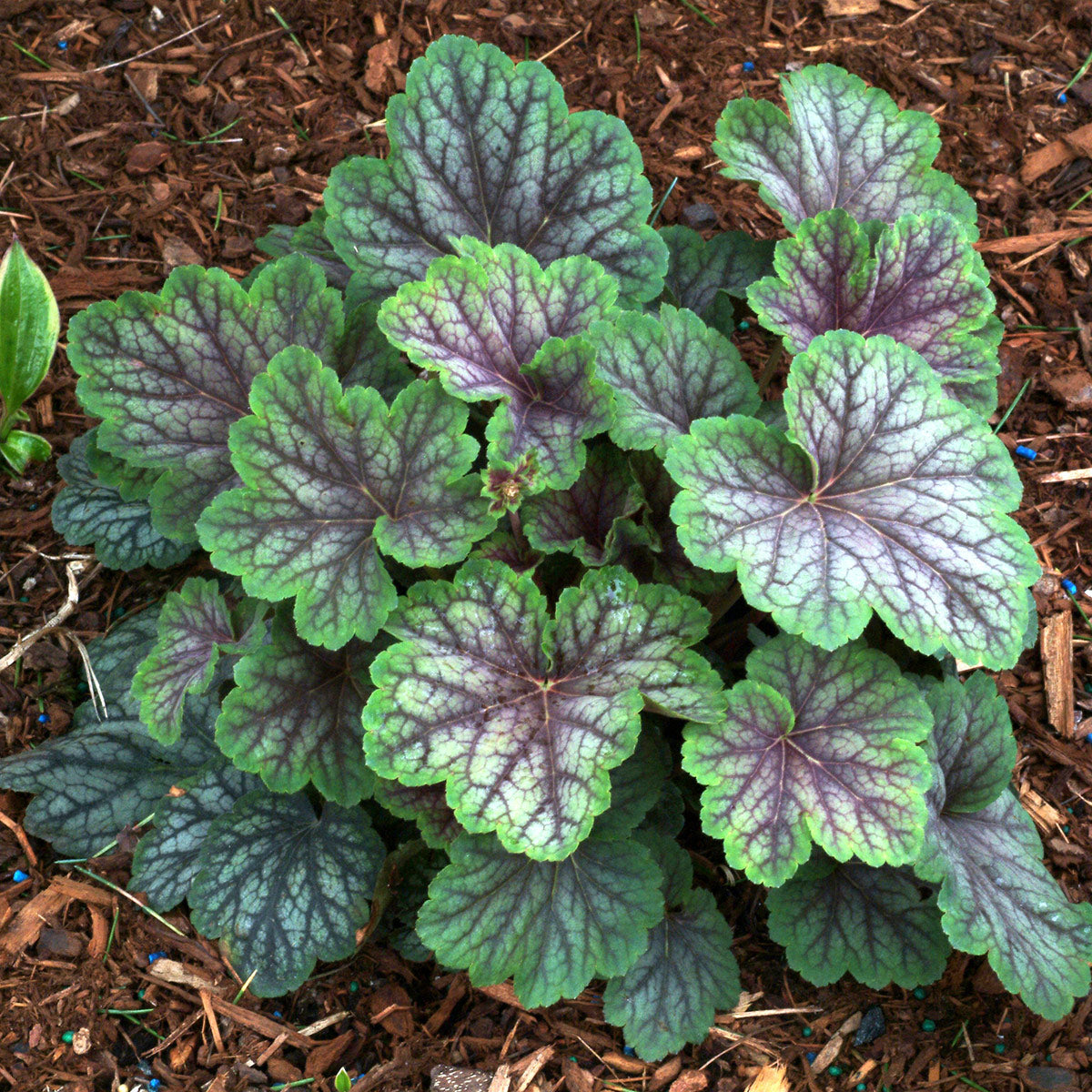Honey, a miraculous substance produced by bees, has fascinated humanity for thousands of years with its delightful sweetness and profound health benefits. Not only is honey a natural sweetener, but it also hosts an array of nutritional benefits and historical significance that few other foods can claim. From ancient medicinal uses to its role in modern kitchens, honey continues to be a versatile and cherished ingredient. Equally remarkable are the creatures that produce it. Bees not only contribute to environmental sustainability through pollination but have also played crucial roles in cultural practices around the world. This article explores the fascinating world of honey and bees, shedding light on their importance and the unique characteristics that make honey a true superfood and bees an indispensable part of our ecosystem.

The Marvelous Benefits of Local Honey
Local honey is more than just a delicious condiment; it's a powerhouse of health benefits that are invaluable for enhancing everyday wellness. Consuming local honey is especially beneficial for individuals suffering from seasonal allergies. As bees collect pollen from the very plants that cause these allergies, the honey they produce contains trace amounts of this pollen, which can help build up immunity through gradual exposure.
Moreover, local honey is packed with antioxidants, which are crucial for fighting free radicals in the body. This can lead to improved heart health and reduced risk of chronic diseases. Its antibacterial properties also make it an excellent natural remedy for wounds and a booster for digestive health, helping to soothe the gastrointestinal tract and combat harmful bacteria.
For those who enjoy gardening and wish to attract more bees, incorporating plants like the Black-Eyed Susan into your garden can create a bee-friendly habitat. This beautiful flower not only enhances your garden's aesthetics but also supports the local bee population, which in turn ensures the continued production of rich, flavorful local honey. Discover the benefits of adding Black-Eyed Susan to your garden and how it complements the natural production of local honey by visiting Discover Black-Eyed Susan.
The Best Way to Consume Honey
To fully enjoy the benefits of honey, it's essential to preserve its natural enzymes, which are sensitive to heat and reactive metals. Many are unaware that using a metal spoon to consume honey can lead to a chemical reaction that degrades these beneficial enzymes. Instead, using a wooden or plastic spoon is recommended to ensure that the live enzymes in honey remain active and effective.
These enzymes play a vital role in the digestive process, helping to break down foods and absorb nutrients more efficiently. They also contribute to honey's antibacterial properties, making it not only a sweet treat but a healthful one. For those who enjoy honey in their daily diet, switching to a wooden or plastic spoon can be a simple yet impactful way to maximize its health benefits.
Furthermore, when integrating honey into your daily routine, consider using it as a natural sweetener in tea, drizzled over yogurt, or as a soothing sore throat remedy. Each of these uses highlights honey's versatility and potent natural properties, making it a staple in both the kitchen and the medicine cabinet. By taking small steps to adjust how you consume honey, you can significantly enhance its health benefits and enjoy its natural goodness fully.
Honey’s Role in Brain Health and Nutrition
Honey isn't just sweet; it's smart too. It contains natural sugars like glucose and fructose, along with essential minerals such as magnesium and potassium, which play crucial roles in brain health. These components help regulate brain function, aid in the absorption of essential nutrients, and provide a quick, healthy energy source that the brain can use immediately. This makes honey an excellent food for mental clarity and focus.
Moreover, honey's antioxidant properties contribute to the reduction of oxidative stress in the brain, a factor linked to improved cognitive function and a lower risk of neurological diseases. Regular consumption of honey can therefore support long-term brain health, helping to keep memory sharp and minds alert.
In addition to its direct benefits, honey's role as a facilitator of better brain health can be supported by incorporating other brain-boosting plants into your diet. For example, the Haskap berry is known for its high levels of antioxidants, making it another great choice for those looking to enhance their cognitive function. To learn more about incorporating Haskap berries into your garden and diet, visit Learn About Haskap Berries. Including such superfoods in your diet, along with honey, can significantly impact your overall health and well-being, providing a well-rounded approach to nutrition that supports both the body and the mind.
Honey in Historical and Cultural Contexts
Honey's significance stretches far beyond its nutritional value; it is steeped in history and cultural symbolism. One of the most fascinating historical uses of honey involves its preservative qualities, notably in ancient burial practices. The bodies of the world's greatest emperors and leaders were often placed in gold coffins and then submerged in honey, which acted as a natural preservative to prevent decay. This practice underscores honey's remarkable antibacterial properties and its high esteem in ancient societies.
Furthermore, the term "honeymoon" has intriguing origins linked to honey. Traditionally, after a wedding, couples were given a month's supply of honey wine. This practice was believed to ensure good luck, fertility, and the sweet beginnings of a new marriage. The use of honey as a symbol of fertility and prosperity highlights its importance not only as a food but as a cherished cultural symbol.
These ancient practices demonstrate honey’s revered status and its integration into significant life events, reflecting its deep roots in human history and culture. This reverence for honey underscores its enduring legacy and the continuous fascination it commands across different civilizations and epochs.
The Lesser-Known Powers of Propolis
Propolis, often called "bee glue," is a resinous mixture that bees produce by mixing saliva and beeswax with exudates gathered from tree buds, sap flows, or other botanical sources. It is used within the hive to seal small gaps, but beyond its architectural uses, propolis has powerful antibacterial, antifungal, and antiviral properties. These qualities make it one of nature’s most effective natural antibiotics, capable of fighting a wide range of infections and promoting healing.
Research has shown that propolis can help in the treatment of colds, soothe sore throats, and even speed the healing of wounds. Its antioxidant properties also aid in protecting the body against oxidative stress and reducing inflammation, making it a versatile addition to natural health practices.
For those interested in natural remedies and health-enhancing plants, integrating the use of propolis with other health-supportive garden plants could be beneficial. For instance, planting a Bearded Iris 'No Count Blues' in your garden can not only beautify the space but also support a healthy, natural lifestyle. To discover more about how this vibrant plant can complement your health-focused garden efforts, explore Bearded Iris 'No Count Blues'.
By harnessing the natural healing powers of propolis and combining them with the therapeutic benefits of garden plants, individuals can create a harmonious and healthful environment that promotes well-being in both body and spirit.

